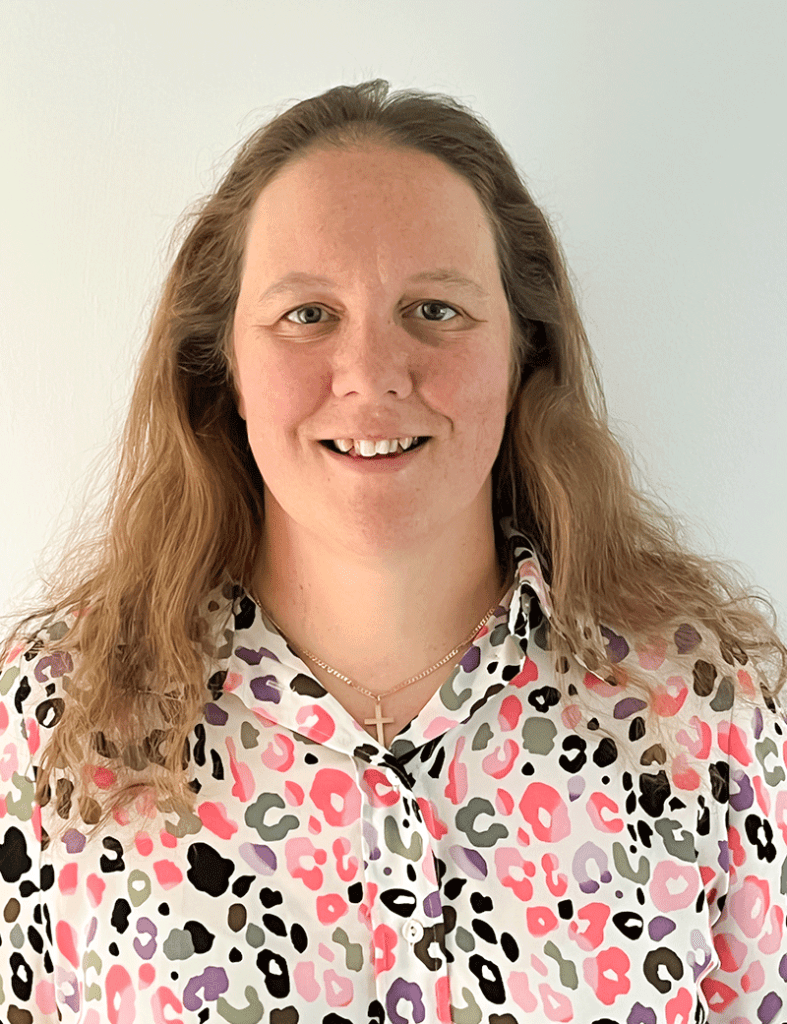Joining Wiltshire Police as a uniform response officer after graduating from Oxford University with a mathematics degree, Gemma now has sixteen years’ experience of a number of different levels of investigation. Gemma has worked across the county of Wiltshire within pro-active and re-active serious investigation teams, public protection (including domestic abuse & child protection), community based uniform roles and strategic projects. Gemma was responsible for the creation and development of the Digital Investigations & Intelligence Unit within Wiltshire, and for formulating the force’s response to cybercrime and developing digital opportunities within mainstream policing. Now a Detective Chief Inspector, Gemma is responsible for strategies to tackle violence against women & girls in Wiltshire Police. Gemma is involved in mentoring, coaching and developing a number of colleagues, including having produced a number of inputs designed to assist under-represented groups in police promotion exams & assessments, as well as acting on an assessor at police promotion boards and leadership development panels. Outside of policing, Gemma enjoys visiting new places and being outdoors with her two rescue dogs.
Did you ever sit down and plan your career?

This is a definite no for me. Each career move has tended to be done at the point where I see something that I think will be interesting, challenging and where I can really add value, then I’ve just gone for it! A few people over the years have tried to coach me into having a more long term career plan, however, this doesn’t really work for me. I tend to have a good idea of the things I want to develop and improve personally and professionally, and I work on those, but in terms of the next post or the next rank, it’s never been something I’ve planned out.
What are the most important lessons you’ve learned in your career, and how have they influenced your leadership style?
So many lessons, and I still feel like I am constantly learning. A few that I want to highlight…..
People need hope. They can deal with challenging, traumatic and intense experiences. People can work incredibly hard, and push boundaries. People can do amazing things. But people have to have hope for better times, and I think that is absolutely a key part of my role as a leader.
Some people just won’t like you – no matter what you do, and that’s ok. I spent quite a bit of emotional energy and time in my younger years trying very hard to turn these situations around, and it took a while for me to realise that you can’t win everyone over. Of course I will try to find common ground with people, and to understand their perspectives, but ultimately it may be a step too far, and finding peace with that is important. I think this realisation has made me a more pragmatic leader.
I have to keep myself well and energised. If I don’t, my teams will notice, no matter how hard I try to hide it. I think this requires discipline and self-awareness, and I don’t always get it right, but where I need to take some time out to energise and refresh, then that is what I have to do. This also shows others on my team that it’s ok to take some time to look after themselves. I think it’s also essential to have humility, and for teams to see and understand this too.
Have you faced any challenges along the way? How did you persevere through the tough times?
Definitely, a lot of challenges. I would actually say that understanding that I think differently to most people was something that I didn’t have in my earlier years, and that a lot of the really difficult situations I found myself in were partly down to that, or at least not helped by that. I attended a course whilst running the Cyber Team around how we need to adapt things for neurodivergent individuals, and as a result of that I went for a cognitive assessment which identified my differences in thinking. Since realising that, I have spent a lot of time better learning social cues, trying to understand why sometimes my communication didn’t have the impact I’d intended and learning some of the nuances in what people say. It was almost ten years ago that I had the cognitive assessment, and it was a bit of an epiphany moment. I wish someone had told me some of these things years ago.
The other thing that can be really challenging in policing, similar to a number of defence related roles, is that we are exposed to a lot of direct and vicarious trauma. Making sure we have the right support and outlets is crucial. I have support from my family and friends, both within the organisation and outside of it. I think it’s really important to have people in my life that understand my job and some of the experiences we have, but I also think it’s really healthy and helpful to have friends that are totally separate from work and trauma.
What has been your most significant achievement to date?
I like to think I’ve achieved quite a lot, but the things others would pick out as potentially my ‘most significant achievement’ are not the things I take the most satisfaction from and that make the most difference. I would want to pick out the times when I’ve been able to help an individual understand that a sexual crime or domestic abuse incident is the fault and responsibility of their perpetrator, or the times I’ve helped an individual to develop and thrive in the workplace, or the times I’ve managed to get somebody to think about the impact of their words or actions.
Some of the amazing things I’ve had the privilege to get involved in would include being the lead investigator on some really high profile and hard hitting cases, setting up Wiltshire’ Digital Investigation & Intelligence Unit from scratch, influencing Wiltshire’s promotion processes to ensure they are more accessible to neuro-divergent candidates, bringing in our Listening Circles to understand the experiences of victims of VAWG, and setting up our ‘Tackling VAWG Together’ Conferences.






Responses